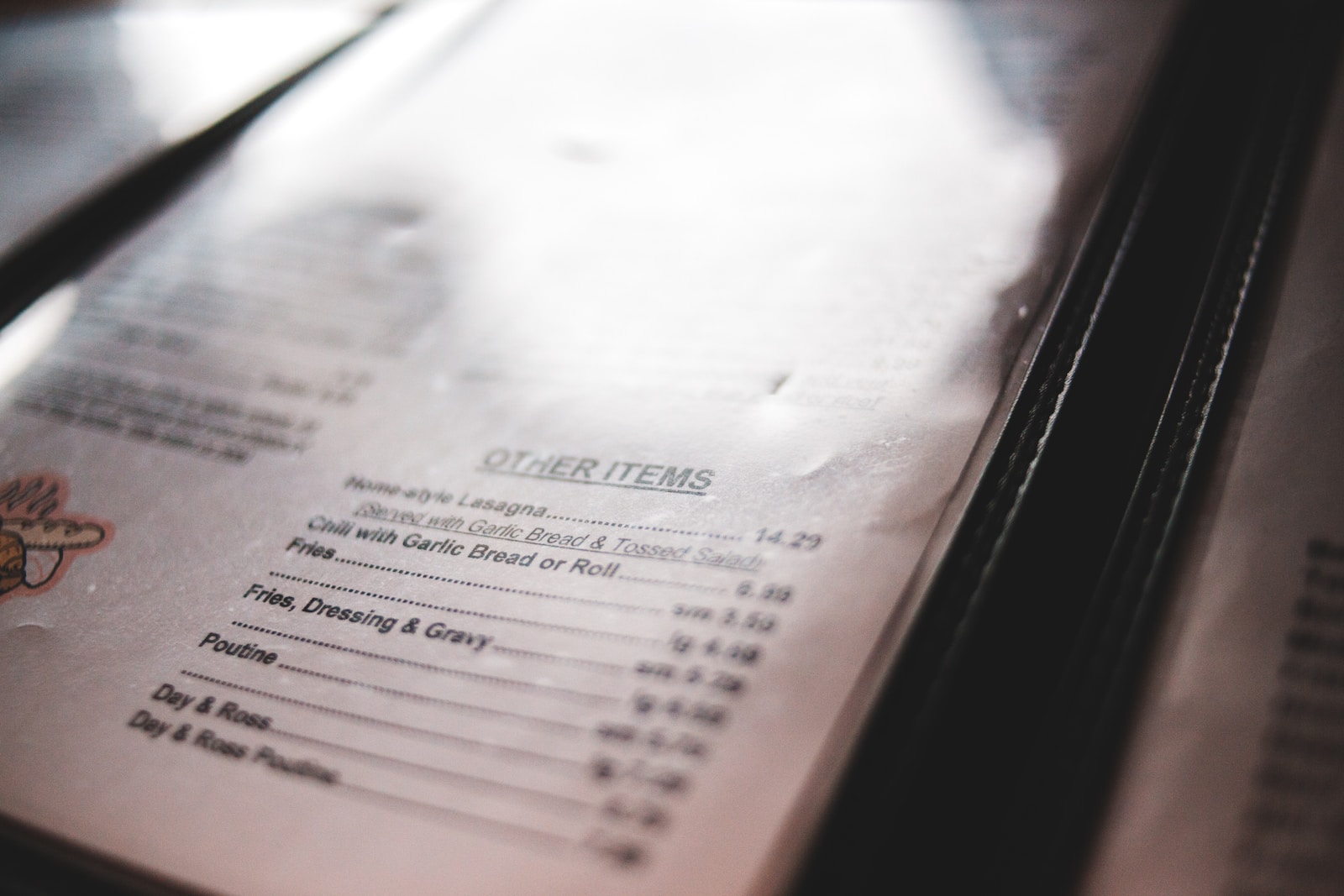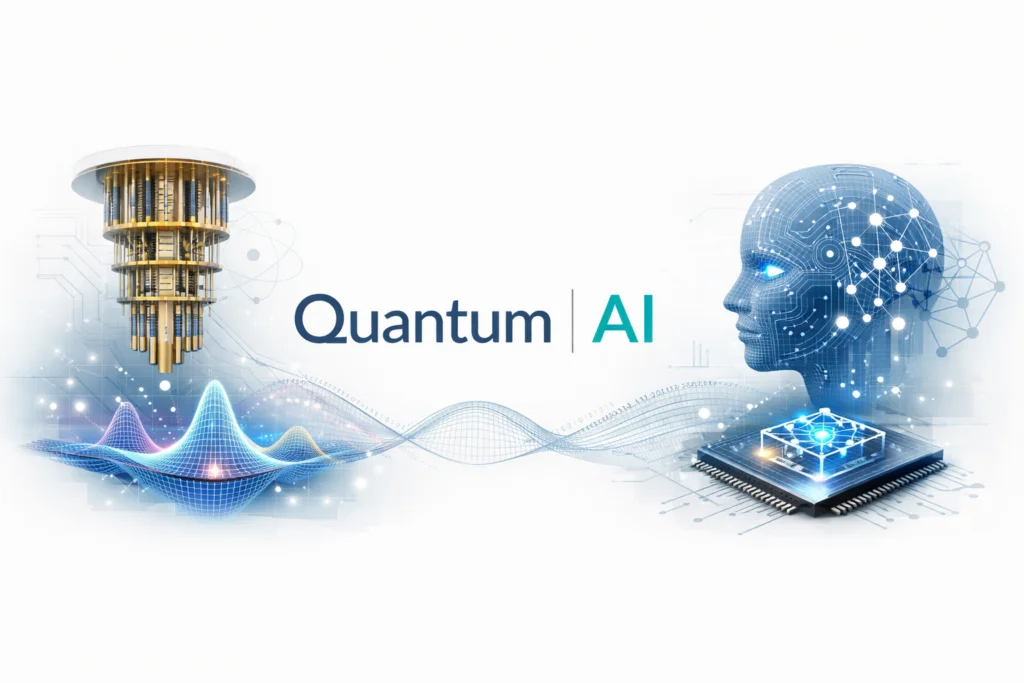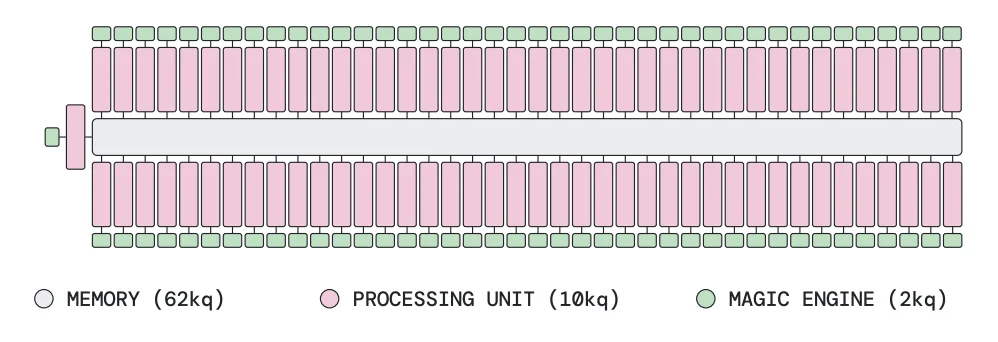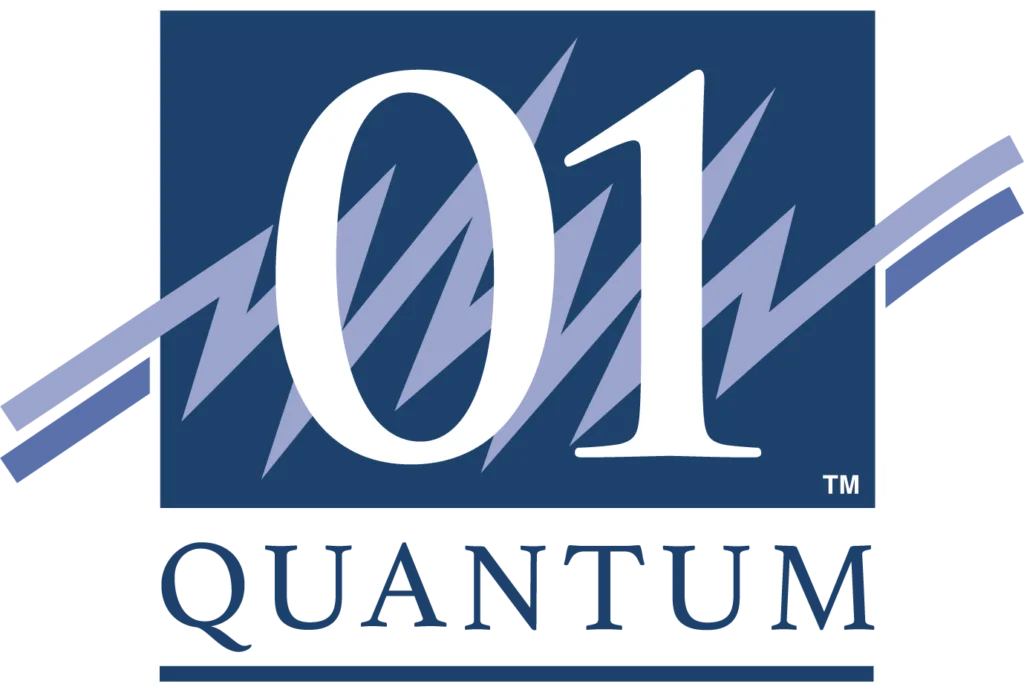Insider Brief
- Maiora entered into a joint venture with the Israeli startup QuantyMize to further develop Resmart.
- Resmart is an artificial intelligence tool for the world of catering and foodtech.
- The tool implements ECO, the algorithm developed by QuantyMize and inspired by quantum mechanics.
PRESS RELEASE — Maiora, an innovative startup specialized in the development of artificial intelligence tools and advanced data analysis for companies in different sectors, has entered into a joint venture with the Israeli startup QuantyMize to further develop Resmart, the AI tool for world of catering and foodtech.
A collaboration that opens up new perspectives for the optimization of the menus of restaurants and of the products on the shelves in supermarkets and online stores.
Thanks to the new partnership, Resmart implements ECO, the algorithm developed by QuantyMize and inspired by quantum mechanics which allows the possibility of calculating and combining data in a very short time. These are algorithms that use the advantages of quantum calculations on traditional computers, therefore without having to resort to quantum computers still in the development phase.

Resmart’s enhanced algorithms are capable, in a short time, to formulate multiple menu options through the analysis of price lists, costs and purchases of raw materials, sales, competitor prices, market trends and allow to develop stock management strategies for large-scale retail trade, with three objectives: reducing food waste and minimizing unsold items, satisfying consumer tastes and requests and increasing the revenues of companies and restaurants.
“The partnership with QuantyMize – says Emilo Zunino, co-founder of Maiora – allows Resmart to greatly enhance its optimization algorithms, providing very accurate results in a very short time. This joint development will allow food & beverage chains and supermarket e-commerce to optimize their product assortment with a dynamism and effectiveness never experienced before. This will not only increase sales and customer satisfaction, but also minimize unsold food and food waste.”
Emanuele Dalla Torre, scientific director of QuantyMize and associate professor at the physics department of Bar-Ilan University in Israel, commented: “Thanks to this partnership we had the opportunity to test our quantum algorithm on real data and evaluate its efficiency. Today there is a lot of talk about quantum computers but the practical applications of this technology are still very limited. This project is one of the first practical examples of the usefulness of quantum logic for solving real problems.”
For the catering sector, food & beverage chains and food e-commerce, quantum-inspired algorithms allow to define menus by combining multiple dishes, based on the companies’ revenue objectives, but also to better manage the warehouse: Resmart in fact, is able to analyze expiring products and suggests promotions.
An example: the restaurant of a food&beverage chain
A large chain restaurant generally offers a large amount of dishes, drinks, desserts. AI algorithms can combine dishes and define menus following two levels of optimization:
- A level that prioritizes revenues for the restaurant
- A second level that prioritizes customer satisfaction.
In the first case, the algorithm risks combining dishes/drinks/desserts that do not match well qualitatively. In the second, he may lose sight of the profitability of the menu for the restaurant. In both cases, the data processing can take a long time.
Quantum-inspired algorithms combine powerful calculation capabilities with rapid times and are capable of proposing much higher levels of menu optimization, both at a qualitative (pairings) and quantitative (revenue) level.
The algorithms, by cross-referencing the data, determine correlation scores for the products, dishes and drinks present in the menus: the higher the score, the greater the level of attractiveness of the menu for the customer and the profitability for the restaurant or supermarket. The ECO quantum algorithm allows you to increase expected revenues by up to 39% more, with the same correlations, compared to equivalent classical algorithms.
If you found this article to be informative, you can explore more current quantum news here, exclusives, interviews, and podcasts.















